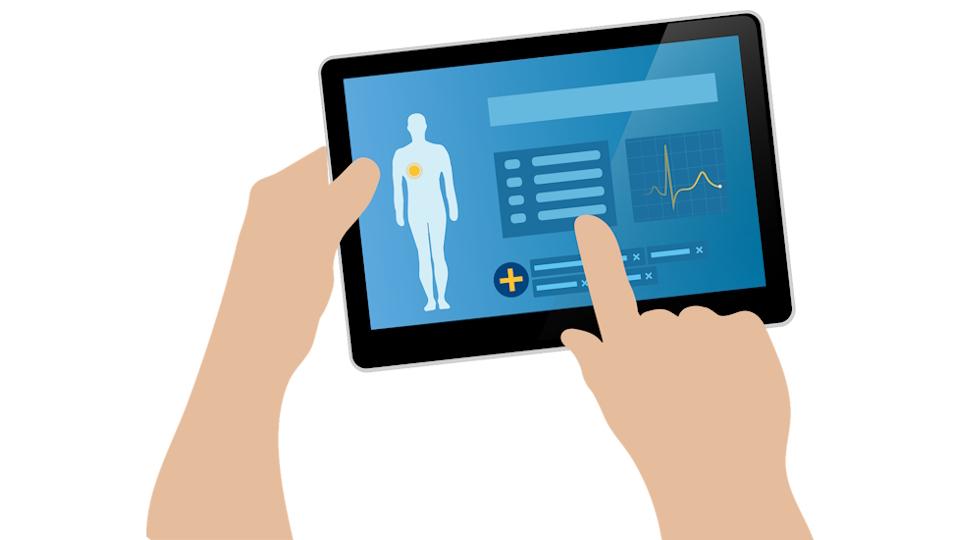Tony Blair: digital health records 'will prepare NHS for AI'

The Tony Blair Institute (TBI) has called for a digital health record (DHR) for everyone in the UK within five years to "ensure that the NHS is ready for the artificial intelligence era."
The DHR would serve as a "single source of truth" for health and care data that is currently fragmented across multiple NHS sources and phones, and serve as a "building block" for the way health will be delivered in future, according to the think tank.
It could also help to harness the health service to become an engine for economic growth; for example, by encouraging collaboration between life sciences and technology companies to develop new innovations in the UK.
This is the second recommendation in the TBI's Future of Britain initiative, which aims to assist in the setting of a policy agenda for AI, coming after it backed the creation of a public-private trust that could oversee the sharing of anonymised patient data with trusted researchers to support R&D and drive economic growth.
The new white paper – entitled Preparing the NHS for the AI Era: A Digital Health Record for Every Citizen – suggests that a comprehensive DHR will align perfectly with the objectives set out by new Health & Social Care Secretary Wes Streeting, who wants to accelerate digitalisation to help shift care from treatment to prevention and from hospitals to primary and community care.
TBI maintains that, by building on existing initiatives such as the NHS App, the new Labour government should be able to bring the DHR to fruition within one parliamentary term.
"It is out of hospital where the impact of an integrated, digital, longitudinal health record will be felt," says the report, supporting the three core functions of primary care – access, continuity, and prevention.
A universal DHR could improve access by making sure patients with an acute need get the right care straight away, while receiving care closer to home, with the help of apps and digital therapeutics, could provide continuity gains. A DHR could also be used to deliver tailored advice, investigations, and early treatment based on individual risk of ill health, according to TBI.
"Investment in the country's digital and data infrastructure may seem like a second-order consideration at a time when elective waiting lists stand at more than seven million and there are an estimated 250 people dying prematurely in A&E every week, but, without it, long waits and care failures will continue," says the report
"There is strong public support for a DHR, with 89% of patients in favour of having greater access to their medical records, and 81% in favour of something akin to a digital health passport."
Among the recommendations to make the proposal happen are that the government set up a dedicated unit within the DHSC to deliver the DHR, new legislation to make the health secretary a joint data controller with GPs, and mandatory use of interoperability standards for all electronic health records (EHRs), regardless of the company providing the technology.
Image by mcmurryjulie from Pixabay












